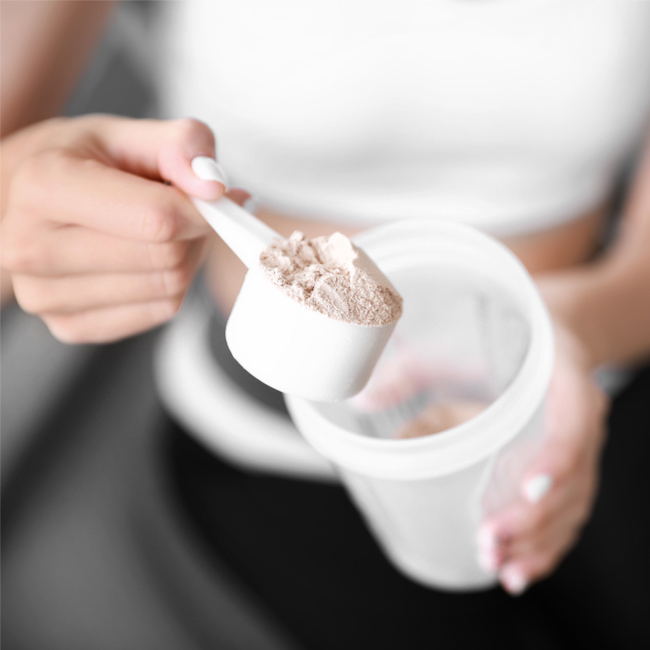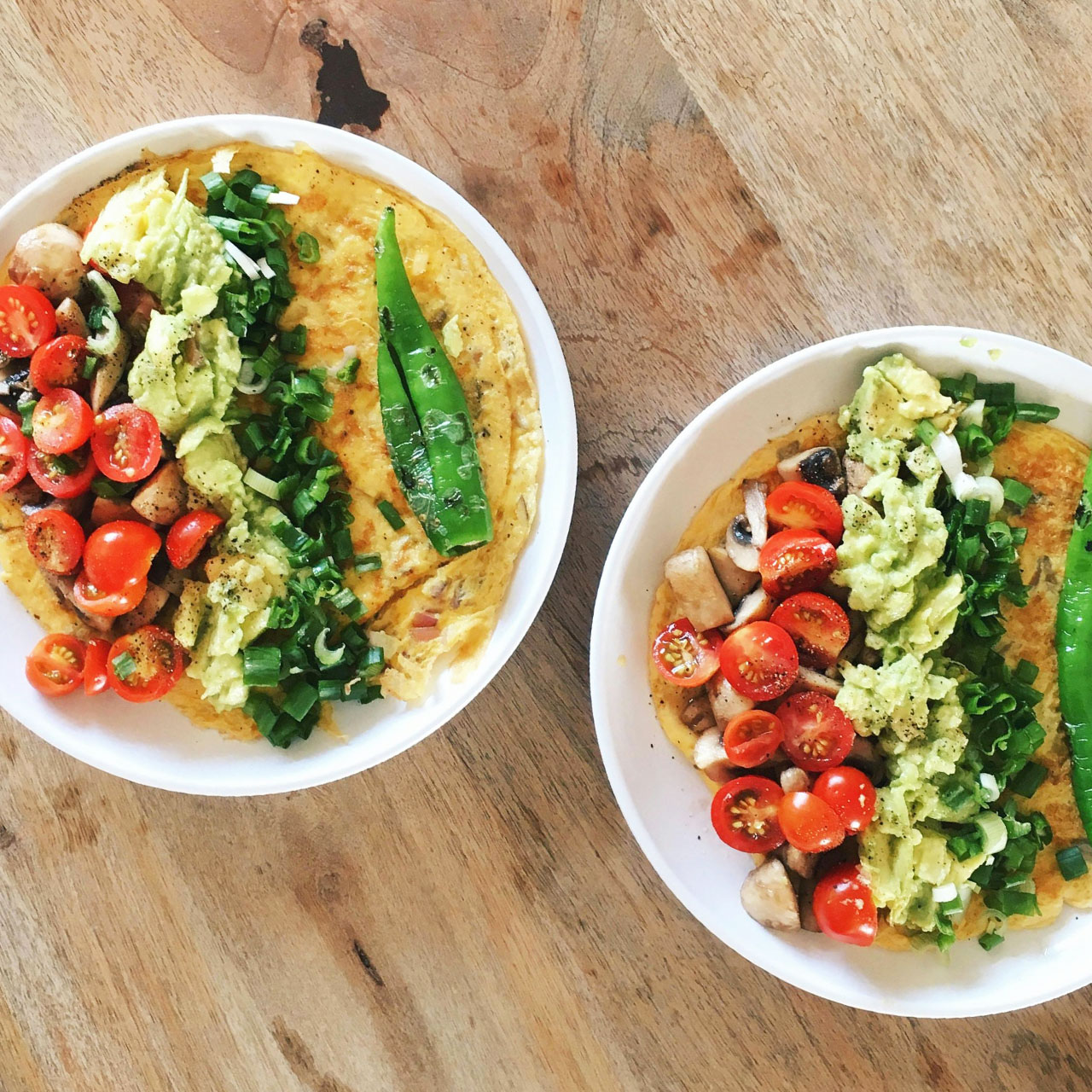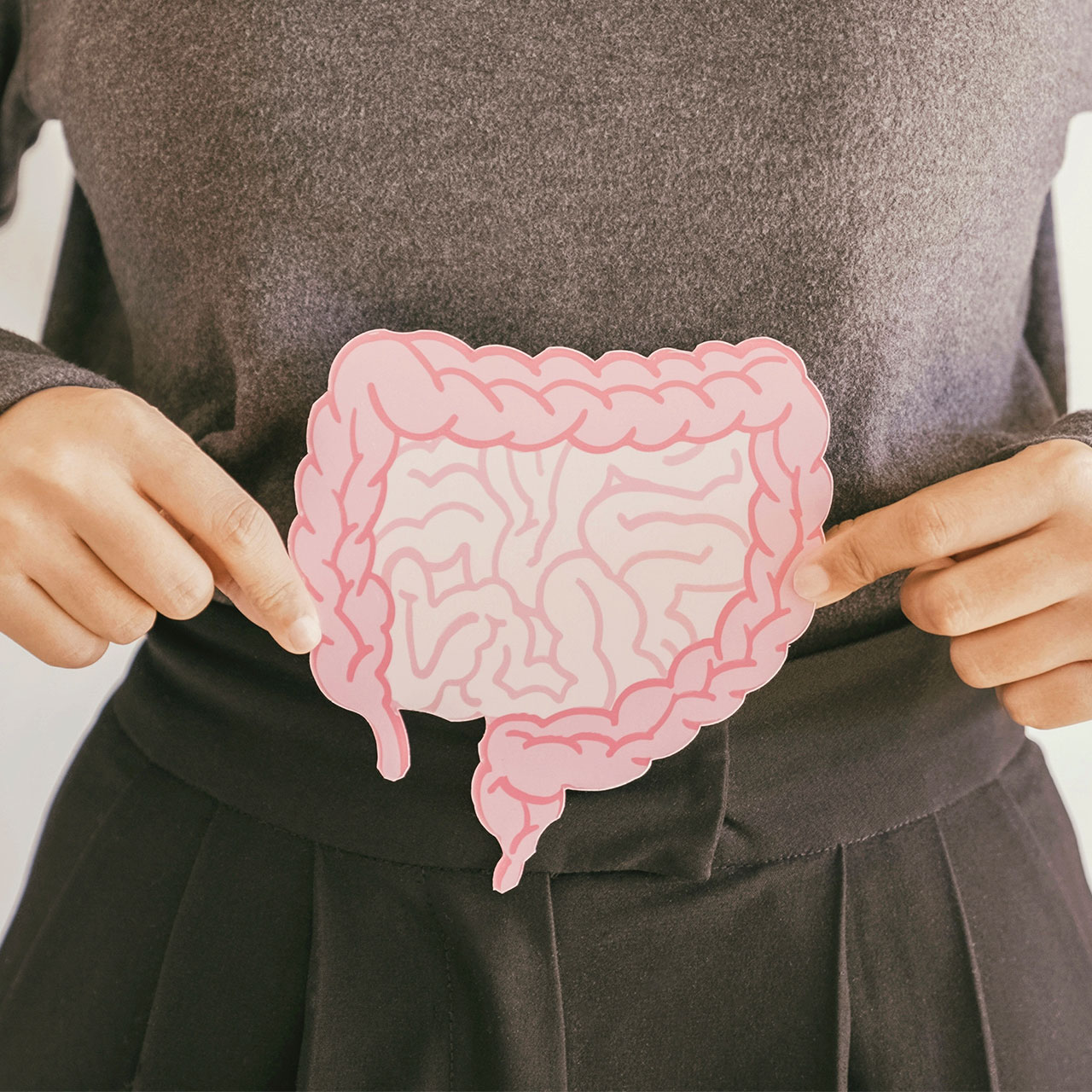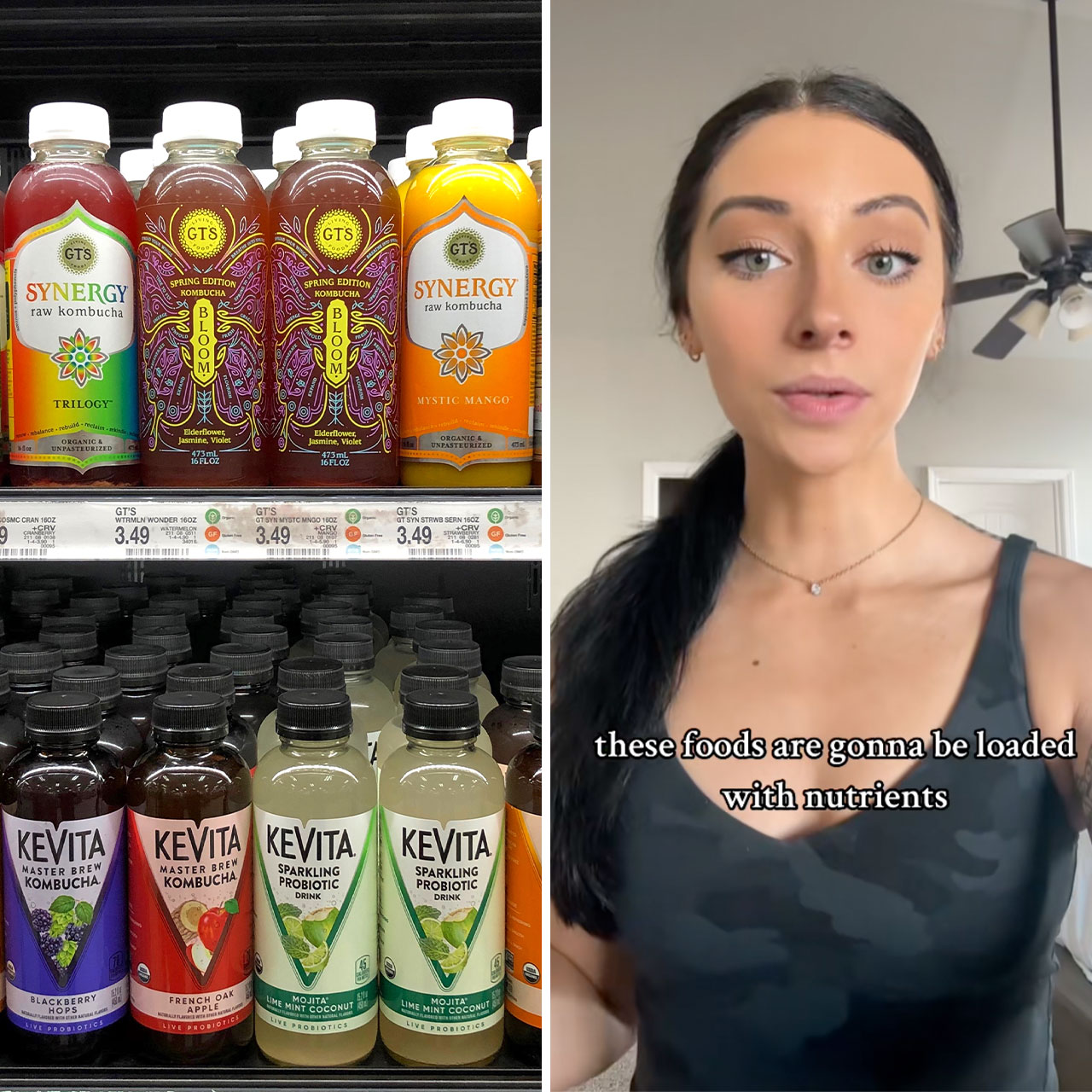When trying to lose weight, many of us begin reevaluating the foods we eat daily and aim to make our diets even healthier. While certain foods are known to benefit your overall health (vegetables, fruits, and other foods that contain nutrients and vitamins), when it comes to processed foods, experts say that not everything that appears to be “healthy” actually is. We spoke with registered dietitian Dana Ellis Hunnes, PhD, MPH, RD, and registered dietitian and nutritionist Blanca Garcia, RDN who both pinpointed one type of food to avoid that is often marketed as “healthy” but has ingredients that are oftentimes far from it.


Why Meal Replacement Bars & Protein Shakes Aren't As Healthy As They Might Appear To Be
Swapping a meal for a quick bar or shake might seem like a fast way to lose weight, but as both Hunnes and Garcia explain, depriving yourself of essential nutrients is never the way to go and can damage your body in the long run. One of the most “crucial and common dieting mistakes,” Garcia says, is thinking any kind of “meal replacement food or drink” is the solution. From hidden calories to sweeteners to a lack of vital vitamins, choosing one of these often dubbed “healthy” items should never take the place of whole foods and balanced meals.
“So many commercials target the vulnerability of people trying to lose weight,” Garcia says, “they hit our pain points.” The reality is that “sometimes meal replacements (like bars or shakes) don’t have all the nutrients or calories a person needs to lose weight,” Garcia notes, and to “maintain it.”

Hunnes agrees and says that protein bars are “often high in calories—280-350— or more, sometimes for shakes.” The bars, she says, are “often high in protein from processed sources and highly processed as a whole with sugars or sugar alcohols.” These foods are potentially designed to give energy (aka calories) to endurance athletes, she notes, but for the general person, “are not going to be healthy and are going to promote the opposite— weight gain.”
Hunnes says this is because they are very “calorie-dense” (for their volume) and add calories that we “simply are not” burning. Meal-replacement bars and shakes do not tend to keep people feeling full for very long, she adds, stressing it’s “better to eat a meal that is not processed and full of vegetables, whole grains, fruits, nuts, seeds, and legumes.” Prioritizing the latter over the former, she says, “will be far less calorie-dense, contain more vitamins and minerals that are naturally occurring,” and will ultimately keep you feeling full longer because of the increased volume.


























